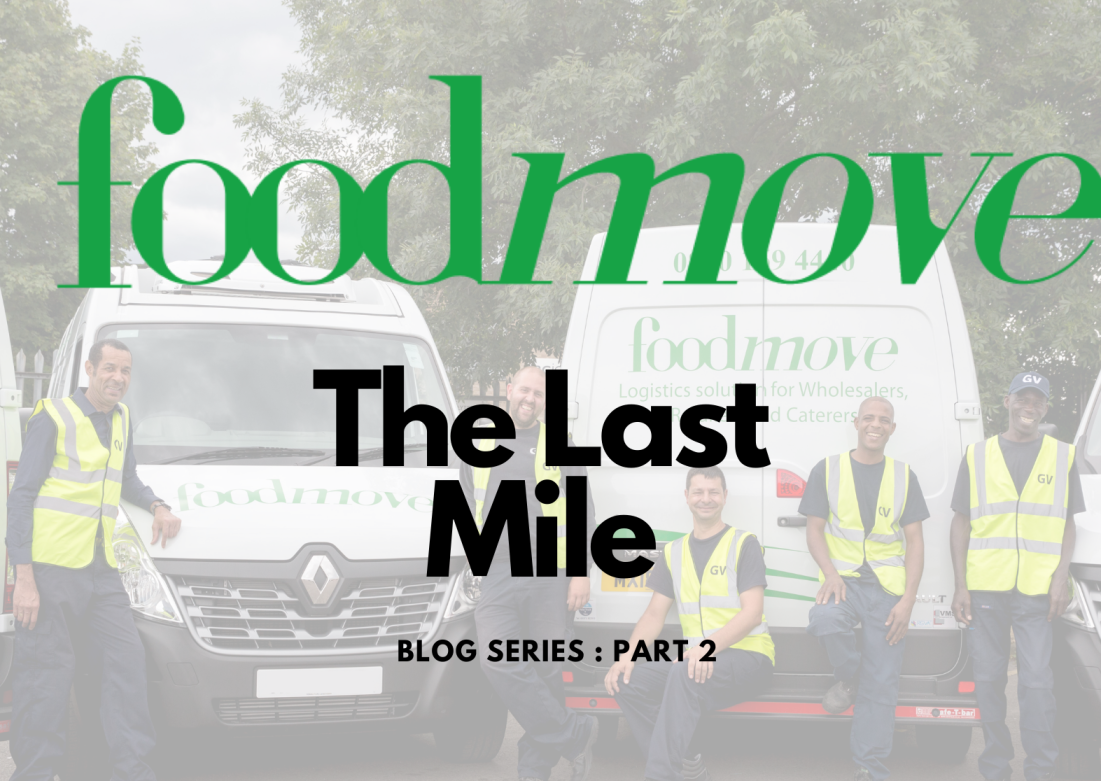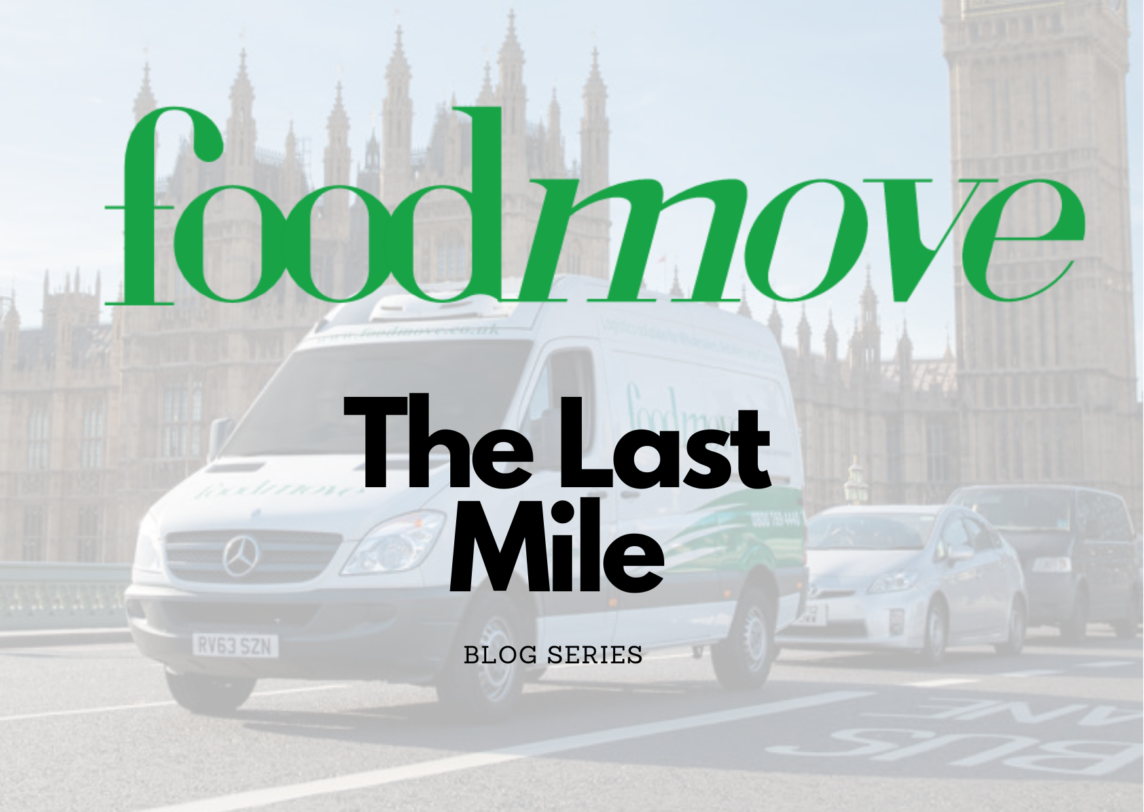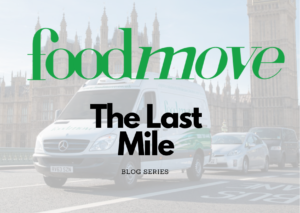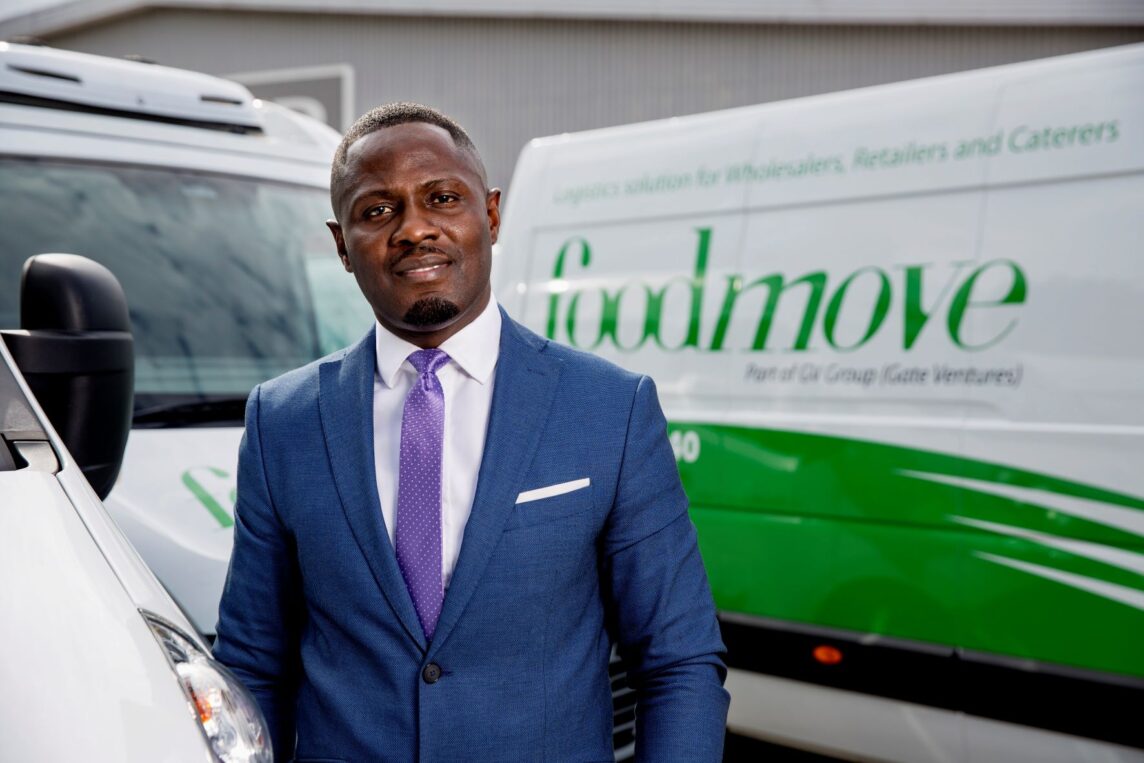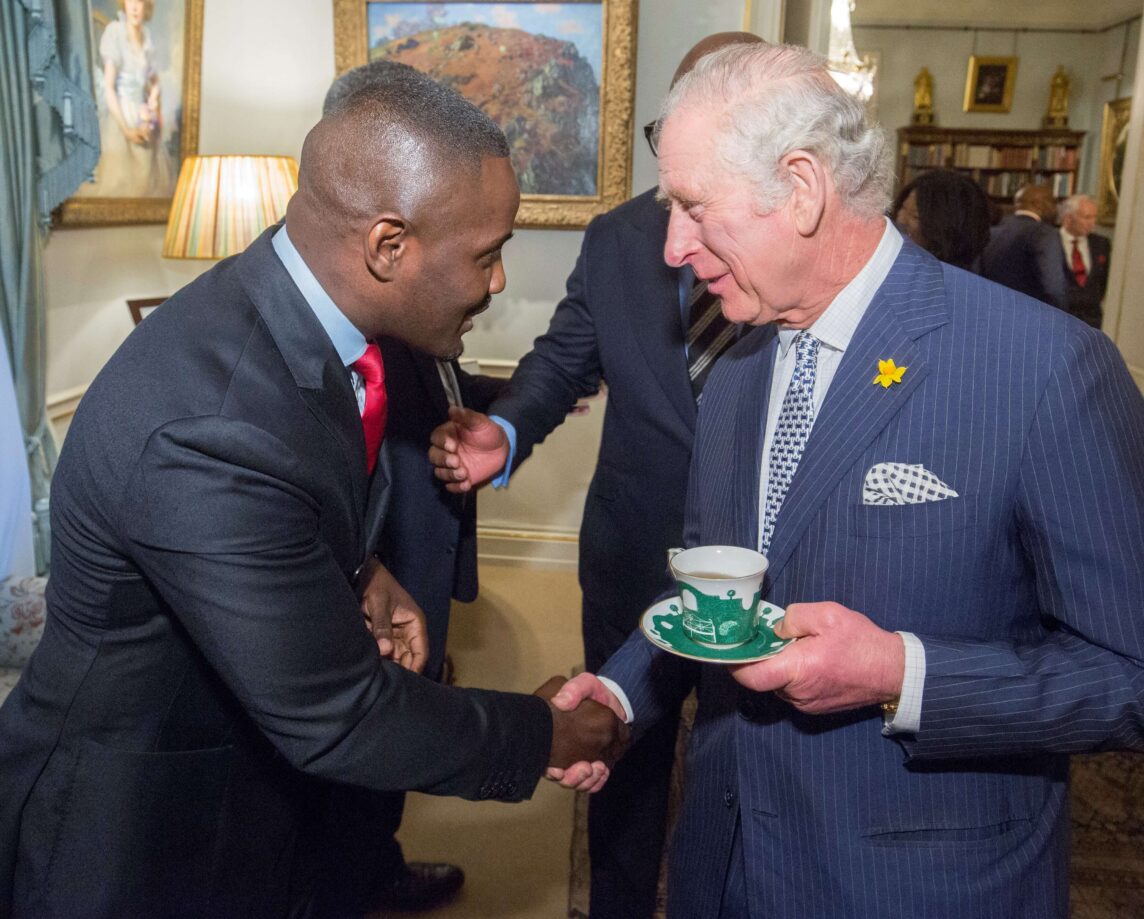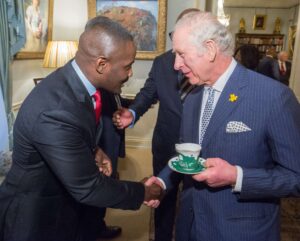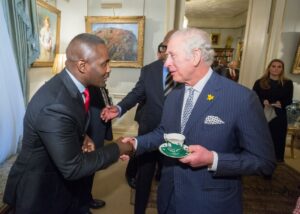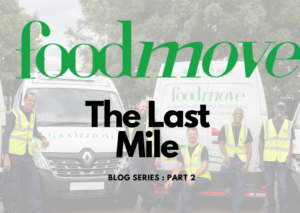
Part 2
Many businesses in the last mile delivery sector have improved their services by incorporating technology innovations for their transport and delivery systems. These adaptations have allowed firms to improve customer transparency, operate more environmentally friendly, reduce cost and many other benefits.
The supply shortages industries have been facing due the impact of Brexit, the pandemic and the Russian war threat have caused critics to believe the traditional just-in-time (JIT) model is no longer a suitable method for wholesalers to use. In this blog, we’ll also consider how the last mile delivery service may be the answer to the modern criticisms of the JIT model.
Use of technology to control last mile delivery problem
In the current digital era we are living in, the use of technology to advance business operations is more vital than ever. In the last mile delivery phase, technology is the cornerstone for operating efficiently. Optimising delivery times, ensuring the safety and assurance of deliveries, reducing carbon emissions and many other features, highlight the benefits of incorporating technology into the last mile delivery phase.
Last mile delivery organisation’s are increasingly looking to improve their customer transparency to attain better customer satisfaction. One way this has been improved is through improving the safety and assurance of deliveries through proof of delivery systems that grant customers the ability to track their items and provides them with the necessary delivery details.
At Foodmove, we exclusively use ROUT’D Technology, a proof of delivery system ensuring our deliveries are trackable, auditable and remain consistent for last mile delivery food logistics. The app allows the user to receive a live update on the driver expected time of arrival of the delivery with an image of the items and signature to certify the delivery, the app also allows the drivers to leave comments for failed deliveries to provide clients with further details.
Using technology to optimise routes has a positive domino effect for both clients and last mile delivery companies. A key benefit is based on the increased speed for delivery time. At Foodmove, many of our clients are food businesses such as pubs, restaurants, hotels and more. Customers benefit from this as they are able to receive their goods quicker which may allow them to match their demand leading to greater customer satisfaction.
A CSR and environmental benefit of optimising delivery routes is the reduced volume of carbon emissions produced by the vehicles. In 2020, the office for national statistics stated that businesses accounted for 18% of all UK greenhouse gas emissions. The government has urged businesses to take action with the aim to reduce carbon emissions contributed by UK businesses to zero by 2050. Improving technology systems and optimising routes is a strategy business can take to attain these aims.
As mentioned in part 1 of the blog series, the last mile delivery phase is the most expensive. Optimising routes is important for firms in this market for reducing cost, as using non-optimised routes equates to higher spending on refuelling vehicles. Our Rout’d technology has Application Programming Interface (API) capabilities which provides businesses with optimised routes to use for their food delivery logistics.
Solutions offered to failing JIT model
Just-in-time refers to the production model where goods are produced to match current demand and ignores the production of surplus goods to match projected demand, with the aim of reducing cost.
The growing supply chain challenges and product shortages many industries such as supermarkets have been facing have led many organisation’s to move away from the JIT model due to viability concerns. Many critics suggest
Foodmove CEO, Tevin Tobun shared with the caterer, that he believed the solution to this issue is the existence of last mile delivery.
Last mile delivery firms allow businesses to remain nimble due to the flexibility of their services. Foodmove use 3.5t vans with fitted chillers and freezers to deliver goods to clients across the country. The use of smaller vans for deliveries, allows the firm to stay flexible as they are able to cope with making deliveries in densely populated areas such as Central London.
Larger HGV vans are likely to struggle completing multiple deliveries in these urban areas and may not able to deal with the common challenges of changing and rerouting delivery drivers, taking on additional unexpected deliveries and completing deliveries in the fastest times to keep up with demand.
